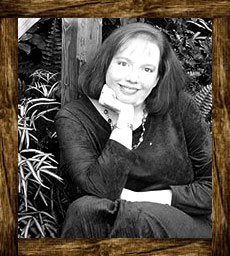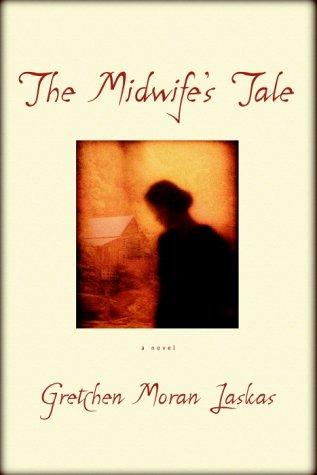

2012 schedule of events
September 24-October 17
Photography Exhibit, Anthology of Appalachian Writers, Ron Rash Volume IV, Scarborough Library Reading Room.
Monday, September 24
7:00 p.m. Screening of Sundance Grand Jury Prize-Winner, Winter's Bone, with Jennifer Lawrence and John Hawkes, Reynolds Hall, the event and community discussion co-sponsored with the Shepherdstown Film Society, Dr. Amy DeWitt discussion leader.
Tuesday, September 25
4:00 p.m. "Midwifery in the Mountains: an Appalachian Community Network," Robert C. Byrd Center for Legislative Studies. Sponsored by the Appalachian Studies Program at Shepherd, Dr. Pam Edwards.
7:00 p.m. "Waking: A Celebration of Appalachian Storytellers and Musical Prelude": The Anthology of Appalachian Writers and Photographers, Ron Rash Volume IV, Robert C. Byrd Center for Legislative Studies, the event sponsored by The WV Center for the Book.
8:00 p.m. Anthology Reception, Book Signing, Photography Exhibit, Scarborough Library Reading Room.
Wednesday, September 26
9:00 a.m. Visits with Martinsburg, Jefferson, and Berkeley Springs honors students at Martinsburg High School.
10:30 a.m. Laskas Reading at Martinsburg Public Library and Reception.
Noon Lunch with AHWIR Project Director and Friends.
7:00 p.m "The Writing Life, with Gretchen Moran Laskas," Robert C. Byrd Center for Legislative Studies, event sponsored by The WV Humanities Council and The Shepherd University Foundation (the writer discusses her work, her writing process, and her journey toward authorship and publication).
Thursday, September 27
3:00-4:30 p.m. Writers Master Class with Gretchen Moran Laskas, Robert C. Byrd Center for Legislative Studies.
6:00 p.m. Dinner at Yellow Brick Bank with Fiction Competition Winners.
8:00 p.m."Building Bridges, Past and Present: West Virginia Storyteller, Gretchen Moran Laskas," Scarborough Society Lecture and Awards, Erma Byrd Hall, event sponsored by The WV Humanities Council and The Shepherd University Foundation (Laskas receives Appalachian Heritage Writer's Award and presents her keynote address, followed by reception and book signing. The WV Fiction Competition awards will also be presented by Laskas).
Friday, September 28
8:00 p.m. Evening reading of award-winning WV work of fiction at the 17th Annual Appalachian Heritage Festival Concert, Frank Theater.
Saturday, September 29
Appalachian Heritage Day-Long Festival and 8:00 p.m. Concert, Frank Theater.

